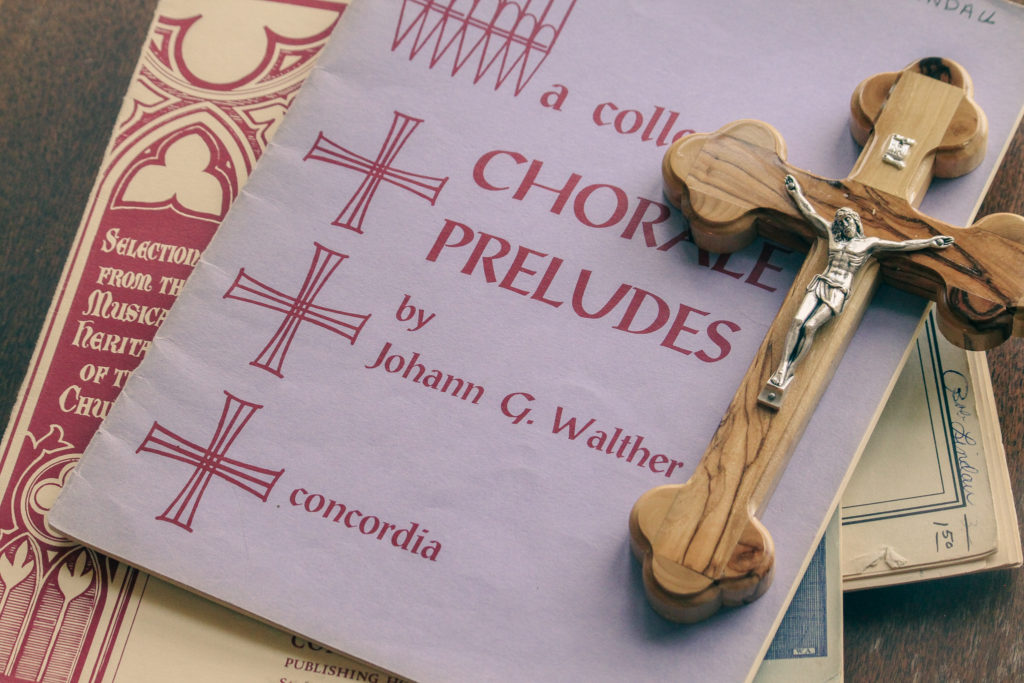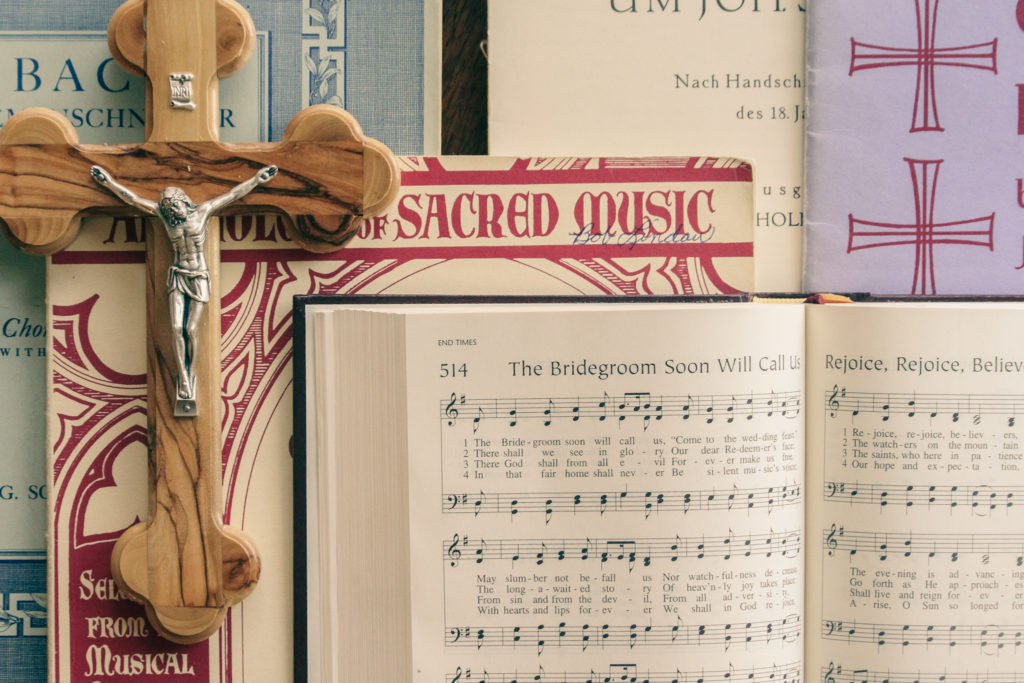
History
For a few of the saints to whom we have already dedicated space here at All the Household, we have suggested that one of the ways to celebrate and remember them in your home is through music! St. Martin’s Day carols, St. Cecilia’s Day concerts, and St. Paul’s oratorio are just a few musical examples of how the Church and her people have historically commemorated those who have gone before us in the faith.
Part of the reason why we have recommended these practices is that music is something we all love, easy to incorporate into our daily lives, and such a unique and treasured part of our Lutheran tradition—making these types of liturgical observances especially Lutheran in nature! It is hard to think of many better ways to live liturgically as Lutherans than using music to focus our lives on the life of Christ. We can thank God that our particular Lutheran musical tradition is a gift to which there is no comparison!
This remains true on St. Johann Walter’s Day, especially since he is one of the most formative hymn composers of the Lutheran tradition. Moreover, the plethora of hymns that have flowed from his godly work makes it easy to find something to listen to or sing in commemoration of him even 500 years after his death!
In our introductory post for Walter, we mentioned just a few of the hymns associated with that can still be found in the LSB. They are LSB 332, 352, 406, 458, 505, 514, 617, 755, 768, and 938.

St. Johann Walter Hymn Study
“The Bridegroom Soon Will Call Us” (LSB 514) is certainly one of Walter’s most famous compositions and the hymn that we suggest you try to include in your April 24th Johann Walter celebration. One of the best ways to become more familiar with this (or any other) hymn is to perform a hymn study of the piece, learning more about its origins.
While many of us know it is good for Lutherans to learn many of the foundational hymns of the faith by heart in order to meditate more easily upon their words and theological insights, it can sometimes be hard to know how to start. That’s why we have a few concrete suggestions for how to do it!
One way to begin in a hymn study is to listen to the hymn on repeat while going about your day, having it play in the background of your regular activities. For the aforementioned hymn, we have found this recording that can help you do so. This sort of mechanism doesn’t require a lot of extra work but allows for the hymn to sink deeper into your subconscious on a more regular basis than if you only rely on singing it in church. After all, we are lucky if we get to sing some of the greatest hymns in our hymnal just once a year at our Divine Services!
Next, you can be more intentional with your focus, sitting down to learn the hymn for yourself. If you are musically inclined, you can try to play the parts on the piano or another instrument or even sing the soprano, alto, tenor, and bass lines separately. This is also a great time to read the words of the hymn out loud, going stanza by stanza and contemplating the different messages and symbolism found in the text. Our Lutheran Service Book gives great additional information with the hymns as well, including Scripture references at the bottom, the date of the composition, and the people who were behind its creation. Part of hymn studies can be diving deeper into this information and learning more about the piece’s context. Luckily, for Walter’s “The Bridegroom Soon Will Call Us,” our introductory post has already done lots of that research work for you!
Once you are more familiar with the hymn, we suggest that you try to incorporate it into your daily life! Use it liberally within your morning and evening prayers, sing it with your family and friends, or even politely ask your pastor if he will consider incorporating it into a future Divine Service. If you are trying to memorize a hymn or teach it to your children by memory, you can use some of the strategies used to learn the catechism: breaking it down into small chunks, systematically going through it stanza by stanza, constantly testing yourself, and using it often.
Lastly, hymns also make great prayers, so the entirety of the text or bits and pieces of it can be incorporated into your daily prayer habits. This is an especially effective strategy because it can be done easily, often, and doesn’t require musical competence at all. Keeping this and all of the aforementioned strategies in mind, we hope that you’ll find Johann Walter’s hymns a blessing to your physical and spiritual life and that an in-depth study of “The Bridegroom Soon Will Call Us” can help you to joyfully commemorate this Lutheran father in the faith!

